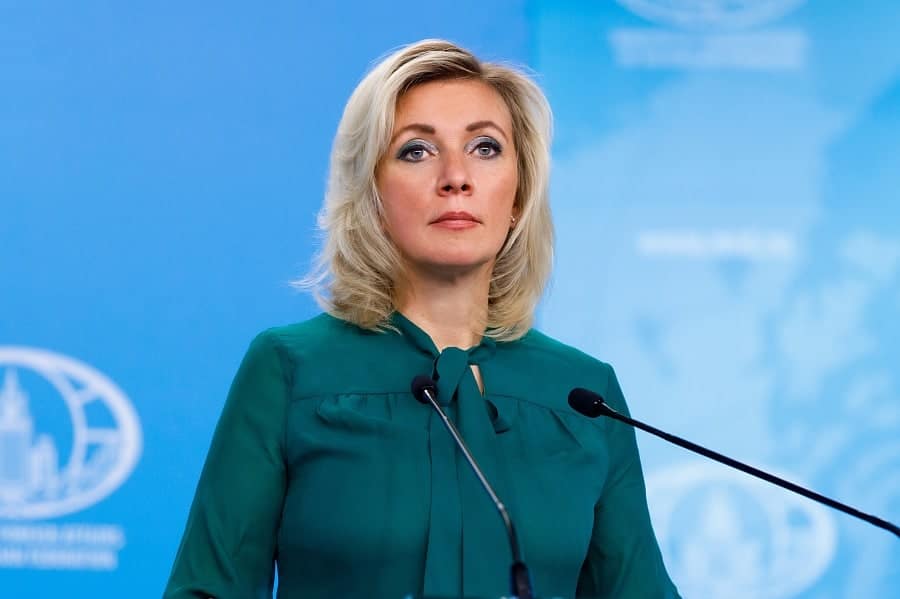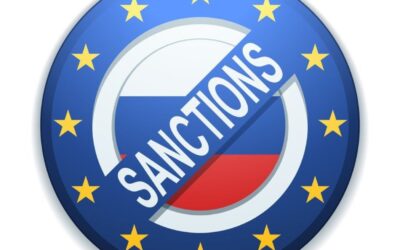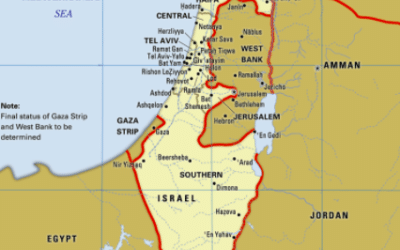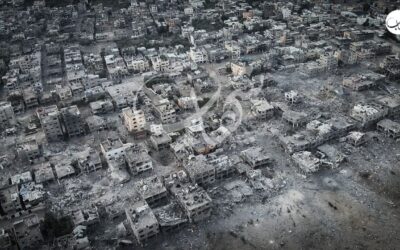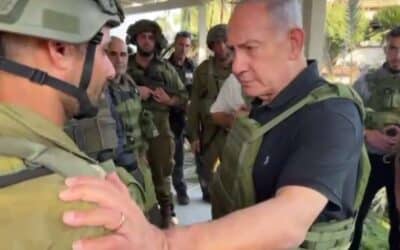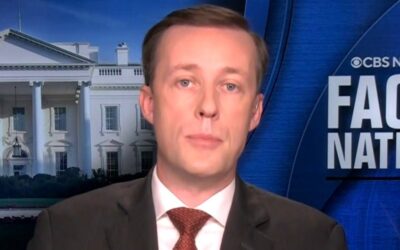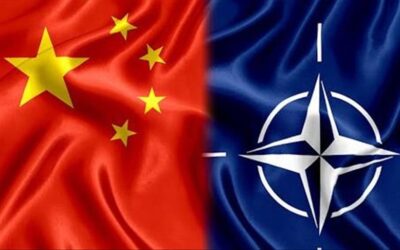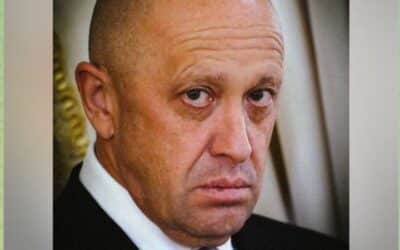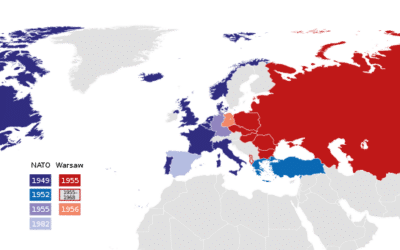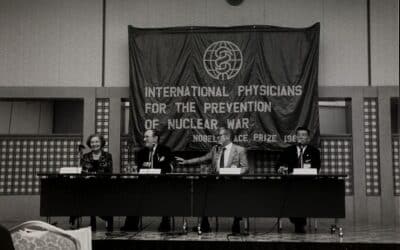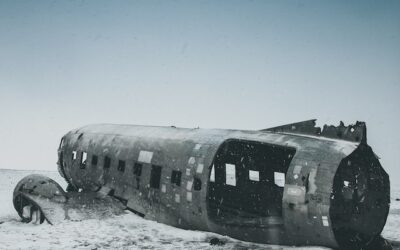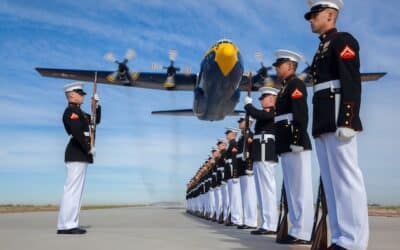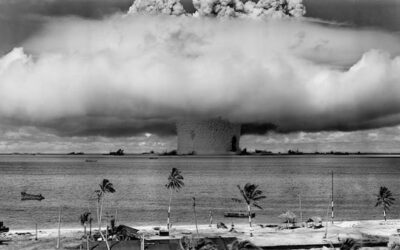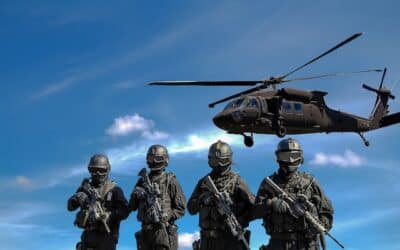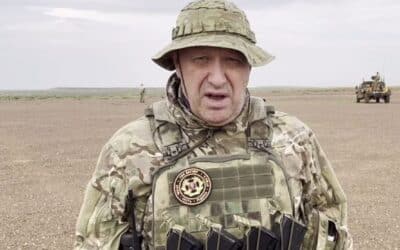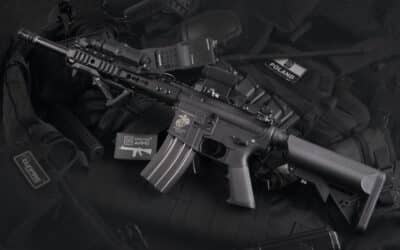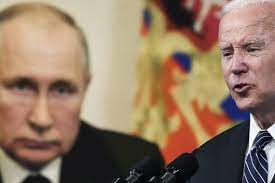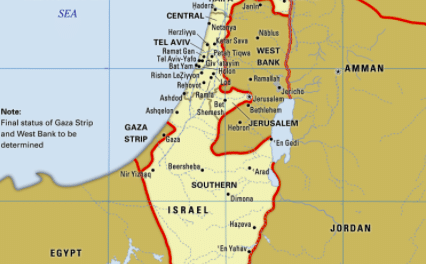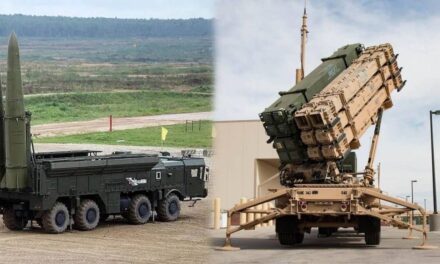Did you ever wonder what Russia is saying about the war in Ukraine?
NOTE: All the information is from the Russian gov media website and telegram. It would be best to see what they are talking about and how they are commenting on the war and the West.
Maria V. Zakharova, regarding the statements made by the EU High Representative for Foreign Affairs and Security Policy, Josep Borrell.
Question: How do you comment on the recent article by the EU High Representative for Foreign Affairs and Security Policy, Josep Borrell, in various international media outlets under the title “Russia must stop using food as a weapon”? In this article, the head of European diplomacy, in response to Russia’s refusal to extend the “Black Sea Initiative,” insists on the absence of negative impacts of EU sanctions on global food security.
Maria V. Zakharova: This is misinformation, a “fake.” The cessation of the “Black Sea Initiative” limits the European Union’s ability, under the guise of a seemingly noble pretext, to replenish its stockpiles and covertly and with impunity profit from the most vulnerable states in this regard, enriching themselves by reselling cheap Ukrainian grain and other goods.
We have already commented multiple times on the EU’s real priorities in food security and clarified how Brussels’ sanctions decisions had impacted Russia’s trade with third countries in agricultural products and fertilizers.
In the countries of Asia, Africa, and Latin America to which this article is addressed, there is a clear understanding of the consequences of Brussels’ irresponsible behavior. In its quest to “strategically defeat Russia,” Brussels is prepared, without hesitation, to disrupt reliable supply chains of domestic agricultural products to needy countries.
In this situation, the EU has only one choice – to cease deliberately destabilizing global food markets by continuously introducing new restrictions on Russian and Belarusian agricultural products or stop portraying itself as a champion of global food security.
Comment from the official representative of the Russian Ministry of Foreign Affairs, Maria V. Zakharova, on the anniversary of the August 2008 events in the South Caucasus.
Disclaimer: If you didn’t know, Russia also invaded Georgia in 2008 with the same pretext. They entered the country with an army and tanks and killed tens of thousands, just like they are doing in Ukraine.
Maria V. Zakharova: Today, we remember the tragic events in the South Caucasus 15 years ago. On the night of August 7-8, 2008, the regime of M. Saakashvili, cynically violating all international agreements on a peaceful resolution of the Georgian-Ossetian conflict, committed a treacherous attack on South Ossetia. Simultaneously, an assault was launched on the locations of Russian peacekeepers.
🕯 This criminal adventure resulted in numerous casualties among the residents of South Ossetia and Russian military personnel.
Under prevailing circumstances, Russia was compelled to carry out an operation to force the aggressor to peace. On August 26, our country recognized Abkhazia and South Ossetia as sovereign independent states.
In October 2008, a new negotiation format was launched – the International Geneva Discussions on Security and Stability in the South Caucasus (IGD), the main goal of which was to establish a sustainable regional security system in the face of new geopolitical realities. The Geneva platform enables Georgia to engage in direct dialogue with Abkhazia and South Ossetia, without which the settlement of relations within the “triangle” of Tbilisi-Sukhumi-Tskhinvali is impossible.
However, the resilience of the Geneva discussions is being tested. Amidst Russophobia, our Western opponents insisted on canceling several IGD sessions under fabricated pretexts. Only realizing growing risks to regional security due to interrupted dialogue forced them to return to work in the original format. We hope that the dynamics of meetings and the agenda of negotiations will avoid political conjuncture in the future.
Russia remains convinced that achieving the goal of establishing robust security in the region is possible only through the conclusion of a legally binding agreement of non-use of force between Georgia on one side and Abkhazia and South Ossetia on the other, as well as the delimitation of state borders between them with subsequent demarcation.
Response from the official representative of the Russian Ministry of Foreign Affairs, Maria V. Zakharova, concerning a statement by the US Secretary of State regarding the “Black Sea Initiative.”
Question: The US Secretary of State has once again strongly urged Russia to reinstate the “Black Sea Initiative” concerning the export of Ukrainian food products. He reiterated that Russian fertilizers and agricultural products are not subject to sanctions. How do you comment on these statements?
M. V. Zakharova: Once again, Western capitals are showering Russia with accusations, including in connection with the cessation of an initiative that has turned into a money-making project for Ukraine.
The actual situation is being hushed up. They remain silent about the fact that Ukrainian, predominantly feed grain, was primarily destined for “well-fed” Europe. They stayed quiet about the systematic blocking of Russian agricultural exports through illegal unilateral sanctions, which prevented the Russia-UN Memorandum from ever becoming operational.
According to Western perceptions, the actual ban on the export of Russian and Belarusian mineral fertilizers, which led to their physical scarcity, apparently has no impact on pricing. Nor do they seem to care about the 45 million people who could have been fed with food produced based on Russian ammonia fertilizers if Ukrainians hadn’t first halted and then destroyed the Togliatti-Odessa ammonia pipeline.
Western capitals avoid commenting on their refusal to unblock Russian fertilizers for gratuitous transfer to the poorest countries. Instead, they attempt to diminish Russian humanitarian wheat shipments to genuinely needy Africans in every possible way. The UN Secretariat even coined special terms for this purpose – “handfuls of donations” and “poisoned gift.”
These examples and rhetoric once again demonstrate the commercial and limited nature of the “Black Sea Initiative,” as well as the proper attitude towards the Russia-UN Memorandum on normalizing domestic agricultural exports.
Sergei Shoigu: (He is the defence minister of Russia)
On the western and northwestern strategic directions, threats to the military security of the Russian Federation have increased significantly.
A significant destabilizing factor is the NATO membership of Finland and, in the future – Sweden.
After Helsinki acceded to the alliance, Russia’s land border with NATO countries nearly doubled.
On Finnish territory, there is likely to be the deployment of additional military contingents and NATO’s strike weaponry, capable of striking critical targets deep into northwestern Russia.
The existing risks are associated with the militarization of Poland, which has become the primary tool of the United States’ anti-Russian policy. Warsaw has announced its intention to build the “most powerful army on the continent, ” as the Poles claim.”
In connection with this, large-scale arms purchases from the United States, the United Kingdom, and the Republic of Korea have been initiated, including tanks, artillery systems, air defense/missile defense systems, and combat aviation.
Moreover, there are plans to create a so-called Polish-Ukrainian alliance regularly, allegedly to ensure the security of Western Ukraine, but in reality – for the subsequent occupation of this territory.
Since February of last year, Ukraine has received hundreds of tanks, over four thousand combat armored vehicles and armored cars, more than a thousand field artillery pieces, and dozens of modern multiple-launch rocket systems and Western-made anti-aircraft missile complexes. The cumulative volume of assistance from NATO member states, the European Union, and their partners has exceeded 160 billion dollars. Meanwhile, the United States steadily raises the stakes, pushing allies to provide increasingly long-range and lethal weapons. Ukraine received a long-range British precision-guided missile ‘Storm Shadow’ in May.
In the face of Ukraine’s increasing shortage of ammunition for Western-style artillery systems, Washington has committed a military crime by including cluster munitions in the aid package, which are prohibited by international convention. Furthermore, NATO countries are actively considering transferring tactical F-16 fighters to Kyiv.
Related Articles
10 Best Handguns for Self-Defense
When it comes to...
The Truth About Sanctions: Why Don’t They “Work”?
In 2022,...
History of Israel-Palestine Conflict
Israel and...
After the WAR initiated by HAMAS on October 7th, the Middle East will not be the same
On the -th of...
The Israeli army is prepared for an offensive on the Gaza Strip, involving attacks from “air, sea, and land.”
The IDF (Israel...
War in Israel: Current Developments – Video
Rafah...
Russia vs USA: Who Would Win in a Potential War?
In the...
NATO vs China: Who Would Win in a Potential War?
In the realm of...
11 Best Assault Rifles in the World
Welcome to a world...
Yevgeny Prigozhin (Wagner founder) is dead
According...
What You Need to Know About Joining NATO
Has any country...
Terrifying Realities of a Potential Nuclear War
The Devastating...
What to Do in Case of a Nuclear Attack
What to Do in Case...
11 Strongest and Most Powerful Navies in the World
When it comes to...
The Most Powerful Nuclear Weapons
The sheer power...
Understanding the Nature of War – The Clash of Wills
War is the...
Ukrainian Defense Forces Celebrate One-Year Anniversary of Kherson Region Liberation
Around one year...
Prigozhin First Video Speech After Unsuccessful Uprising
Following a recent...
11 Best Sniper Rifles in the World
Important Factors...
13 Most Powerful Weapons in the World
Weapons of immense...
